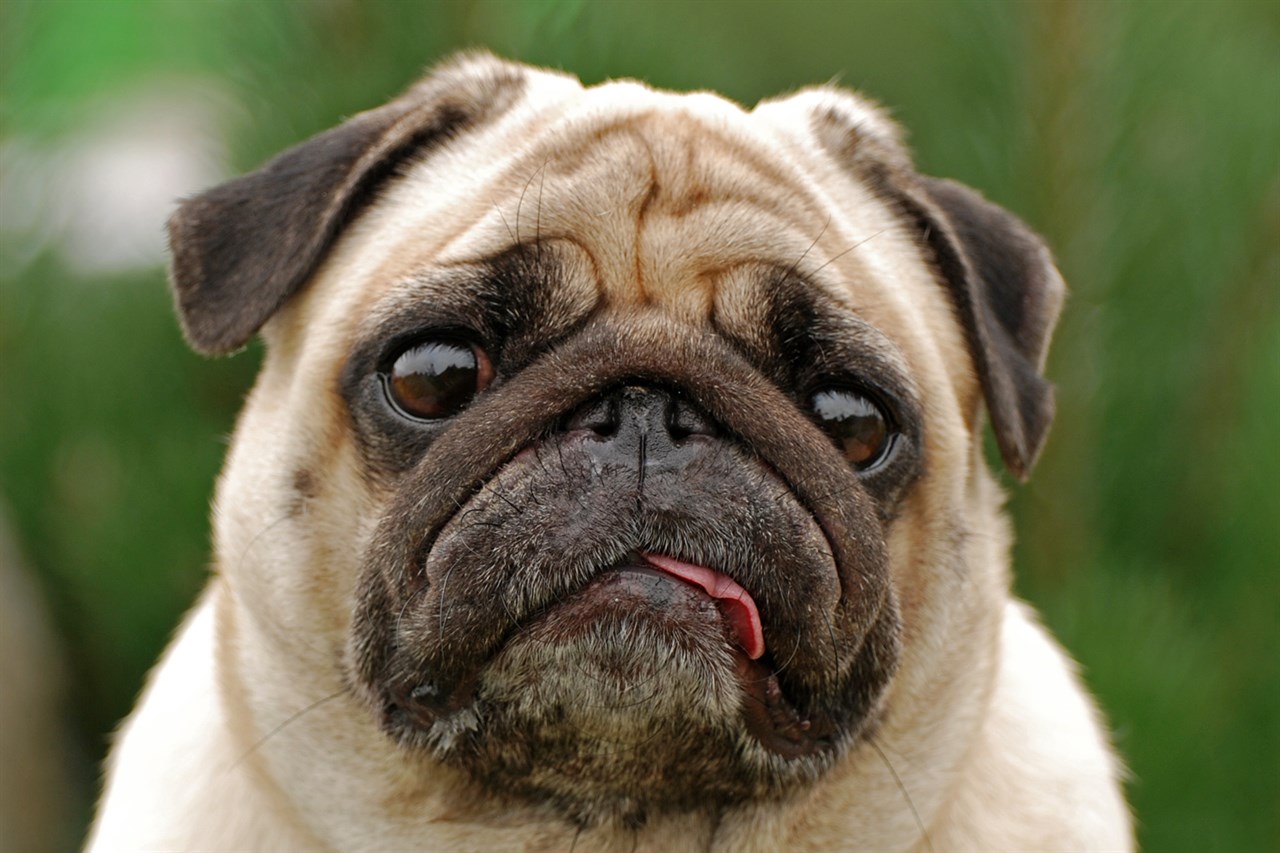Feeding Habits and Food Requirements of the Pug

Proper nutrition is vital for the health and well-being of your Pug. Understanding their feeding habits and food requirements will help you provide the best diet for your furry companion.
Quality Dog Food
Choose a high-quality commercial dog food that is appropriate for your Pug's age, size, and activity level. Look for products that list meat as the first ingredient and avoid foods with excessive fillers and artificial additives.
Portion Control
Pugs are prone to obesity, so it's crucial to monitor their food portions. Follow the feeding guidelines provided on the dog food label or consult with your veterinarian to determine the appropriate portion size for your Pug's specific needs.
Meal Frequency
Puppies typically require more frequent meals to support their growth. Young Pugs can be fed three to four times a day, while adult Pugs typically do well with two meals a day. Splitting their daily food into two servings can help prevent overeating.
Water Access
Ensure that your Pug has constant access to clean, fresh water. Proper hydration is essential for their overall health.
Weight Management
Pugs have a tendency to gain weight easily, which can lead to various health issues, including joint problems and respiratory difficulties. Regularly monitor their weight and body condition, and adjust their food portions accordingly. If you're uncertain about your Pug's weight, consult with your veterinarian.
Special Dietary Needs
Pugs may have specific dietary needs or sensitivities. Some may benefit from grain-free or hypoallergenic diets if they have allergies or digestive issues. Always consult with your veterinarian before making significant changes to your Pug's diet.
Avoid Table Scraps
Resist the temptation to feed your Pug table scraps or human food, as many human foods can be toxic to dogs. Stick to a balanced, commercial dog food to ensure they receive all the necessary nutrients.
Treats and Snacks
While it's fun to treat your Pug with occasional snacks or treats, be mindful of their calorie intake. Choose low-calorie, healthy treats, or use a portion of their daily kibble as treats during training sessions.
Feeding Time Routine
Establish a consistent feeding routine to help your Pug know when to expect meals. This routine can also help with housebreaking and prevent unwanted begging behaviour.
Dental Care
Dental health is essential for Pugs, as they are prone to dental problems. Consider dental chews or toys to help keep their teeth clean, and consult with your veterinarian about regular dental care.
Special Dietary Considerations
As Pugs age, they may require specialised diets to address age-related health issues, such as joint problems or weight management. Consult with your veterinarian for guidance on senior dog diets.
In summary, a balanced and high-quality diet is crucial for the health and longevity of your Pug. By following proper feeding habits, monitoring their weight, and providing the necessary nutrients, you can help ensure that your Pug leads a healthy and happy life. Always consult with your veterinarian for specific dietary recommendations tailored to your Pug's individual needs.